Autumn Ambiance, Arrival of Cold Dew: Traditional Chinese Health Preservation
Are you familiar with some of the important solar terms in China? Cold Dew marks the seventeenth solar term out of the twenty-four, usually falling on the 8th or 9th of October each year. With the arrival of Cold Dew, autumn has entered a deeper stage, prompting people to adjust their lifestyles and agricultural activities according to the changing solar terms in preparation for the upcoming winter. During this solar term, people have derived many interesting customs and health preservation techniques, along with some important taboos. This article will introduce them to you!
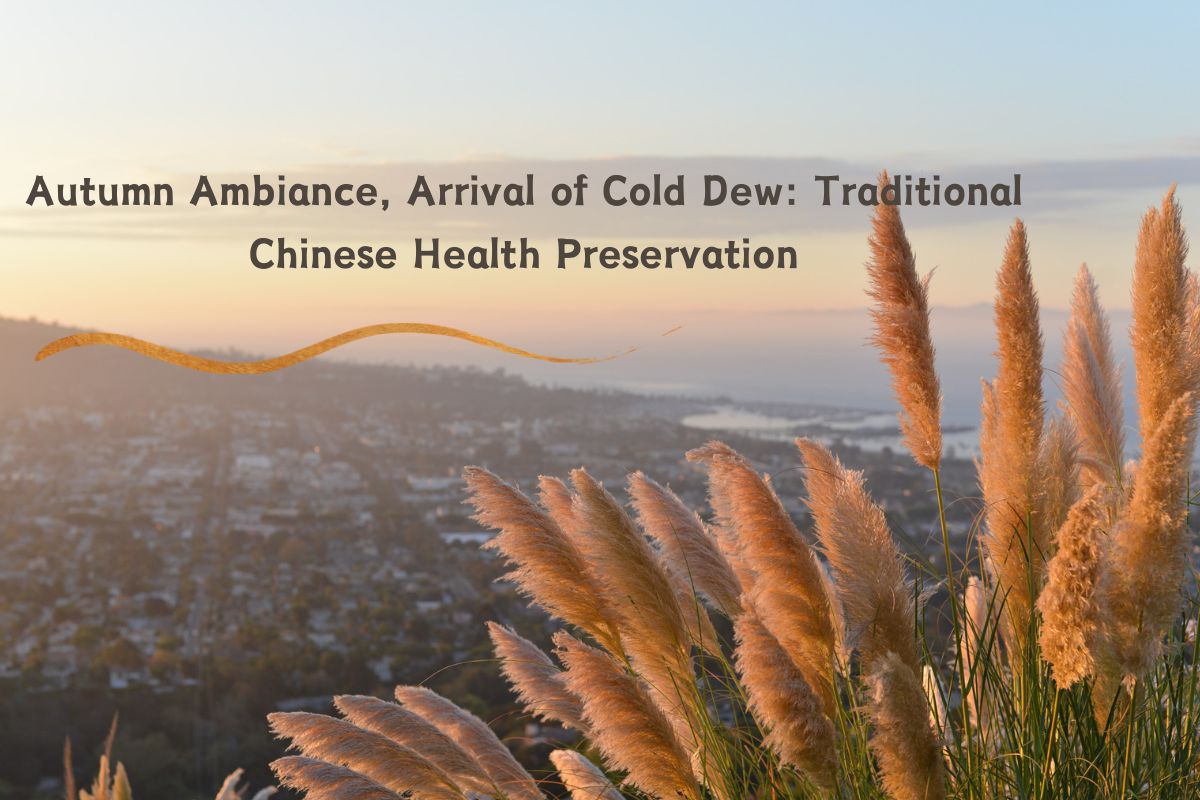
Unique Customs
Admiring Maple Leaves
During the Cold Dew period, nature resembles a magical painter, gradually turning maple leaves into shades of red with its enchanting brush. In many places, lively maple leaf viewing events are held during this time.
Stepping into a maple leaf forest feels like entering a dreamlike world. The red leaves burn like flames, vivid and fervent. As the gentle breeze passes by, the maple leaves sway and rustle, as if narrating the story of autumn.
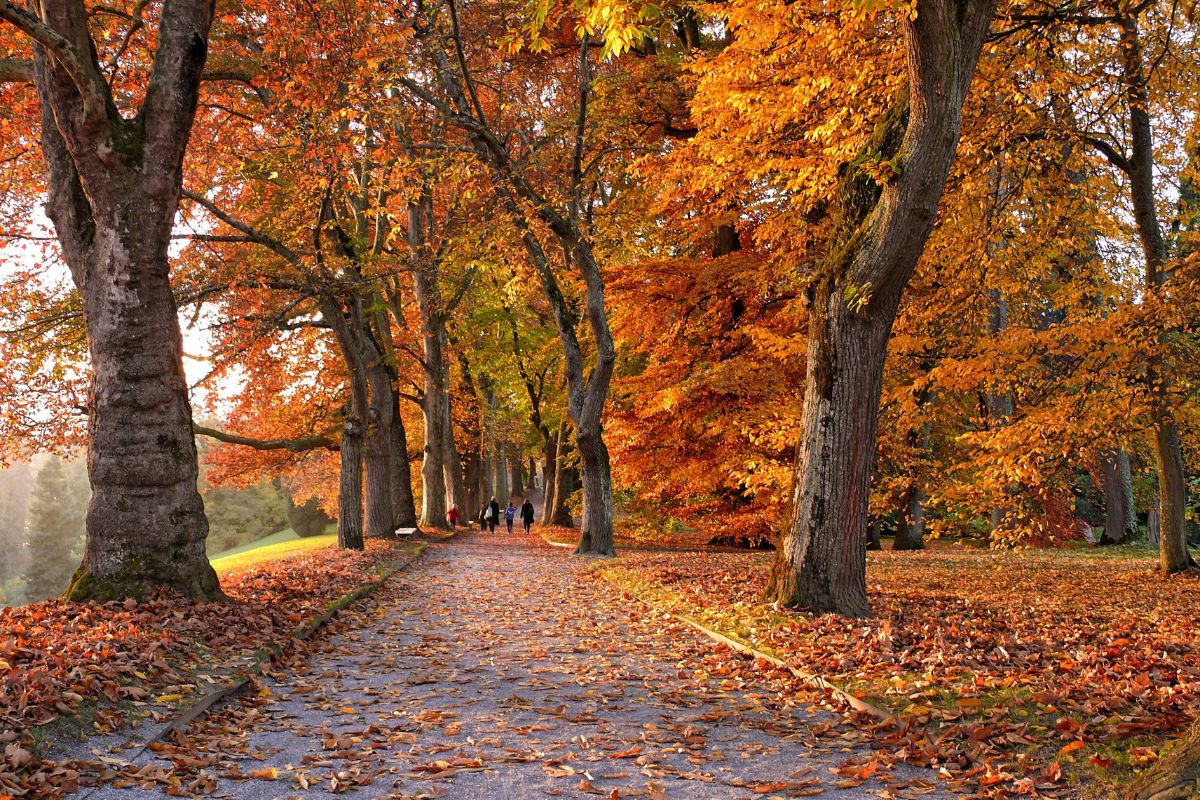
Strolling amidst this enchanting scenery, one can fully appreciate the beauty and serenity that autumn brings. Maple leaves symbolize not only a natural landscape but also represent a good life and a happy future. The fiery red color symbolizes passion and vitality, filling people with hope and anticipation towards life.
Consuming Sesame(zhī ma)
芝麻 (zhī ma), noun, sesame
Examples:
- She sprinkled sesame seeds on top of the salad.
她在沙拉上撒了芝麻。
tā zài shā lā shàng sā le zhī ma。 - The bread was coated with sesame.
面包上裹满了芝麻。
miàn bāo shàng guǒ mǎn le zhī ma。
After Cold Dew, as the temperature gradually drops, the custom of "eating sesame during Cold Dew" becomes particularly seasonal. Sesame seeds, despite their small size, contain significant nourishing power. They have long been regarded as a sacred supplement with miraculous effects of nourishing the liver and kidneys, as well as lubricating the intestines.
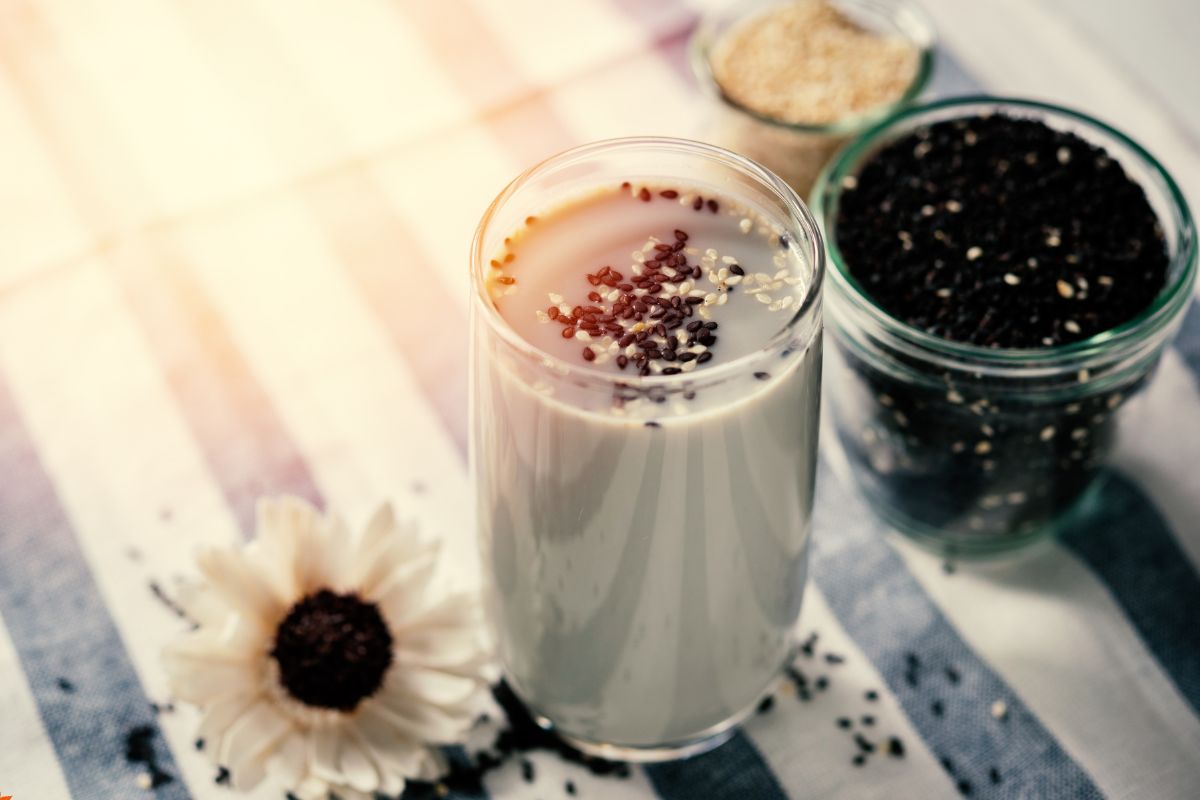
Consuming sesame during Cold Dew can replenish the body with sufficient energy, assisting in resisting the cold. People create various delicious sesame products, such as sweet and tasty sesame paste or sesame cakes that linger with fragrance. These delicacies are not only delectable but also nutritious, offering both enjoyment and health benefits.
Drinking Chrysanthemum Wine酒(jiǔ)
酒 (jiǔ), noun, wine
Examples:
- She poured a glass of wine for her guest.
她给客人倒了一杯酒。
tā gěi kè rén dào le yī bēi jiǔ。 - He savored the taste of the wine.
他品味着酒的味道。
tā pǐn wèi zhe jiǔ de wèi dào。
Ancients believed chrysanthemums possess the properties of clearing heat, detoxifying, soothing the liver, and brightening the eyes. Thus, during Cold Dew, people meticulously harvest chrysanthemums to brew chrysanthemum wine.
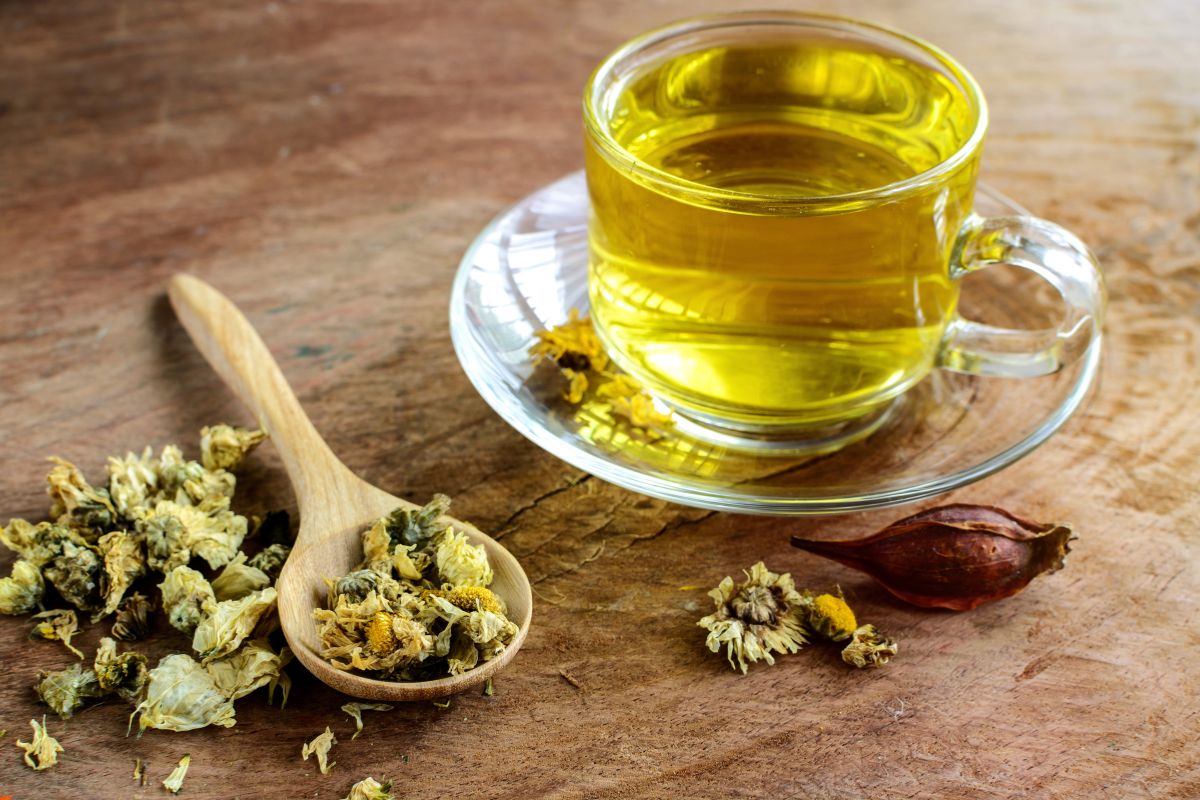
Chrysanthemum wine carries a unique taste, exuding a fragrant aroma and a mellow texture. Moderately enjoying chrysanthemum wine not only allows one to savor its unique flavor but also benefits health and wellness.
In this delightful season, sharing a glass of chrysanthemum wine with family and friends, engaging in life conversations, and relishing the beauty of autumn is truly a delightful experience.
Health Preservation Tips
During the Cold Dew period, the climate becomes increasingly dry, so the diet should focus on nourishing Yin and moistening dryness. Opt for foods such as Tremella, which has excellent lung-nourishing and moisturizing effects, helping to protect lung health during the dry season.
Lily bulbs are also a good choice. Whether stir-fried or cooked into porridge, lily bulbs emit a delicate fragrance, moisturizing the lungs and clearing the heart, keeping the body hydrated.
Snow pears are a common fruit during the Cold Dew season, effectively moistening the lungs and aiding in relieving coughs. Honey is another excellent choice. A cup of honey water not only moisturizes the throat but also contributes to nourishing Yin and moistening dryness.
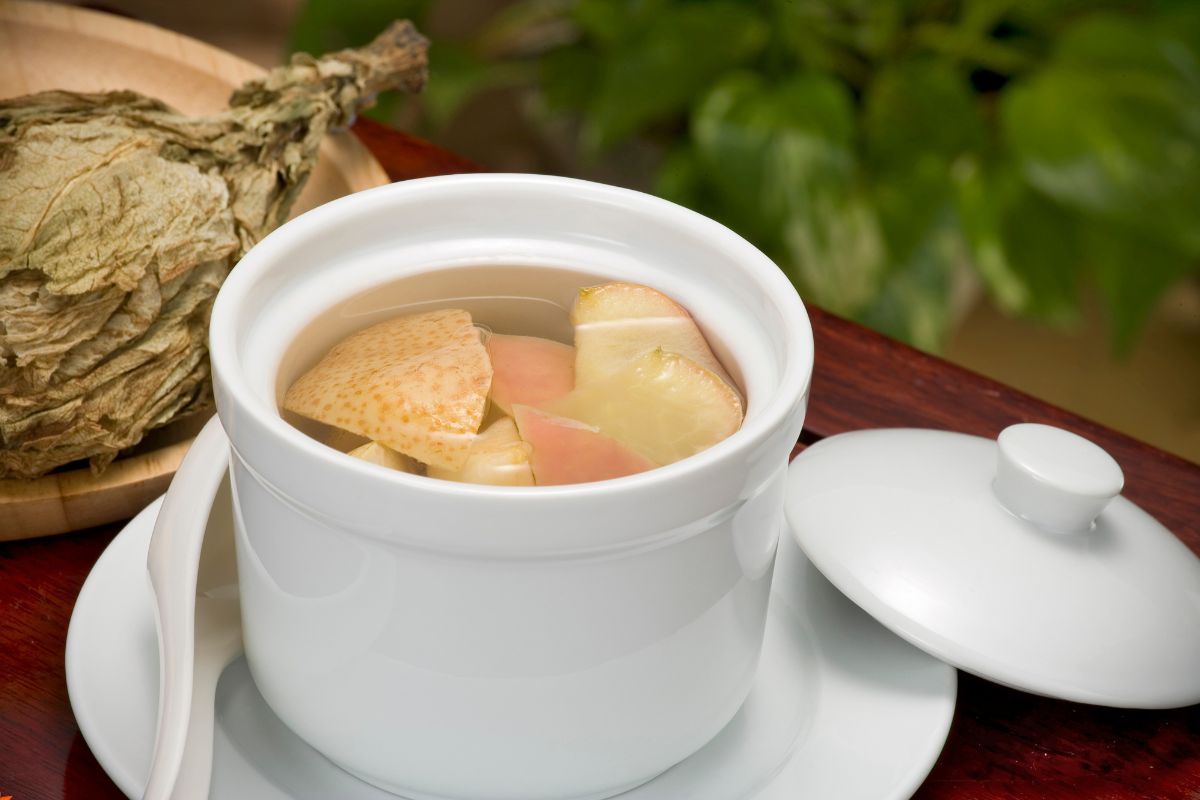
Simultaneously, during this period, try to avoid spicy and greasy foods, such as chili peppers and fried foods. These foods may create a sensation of dry heat in the body, worsening discomfort. They are like a fire that exacerbates the already dry body.
During the Cold Dew period, gentle exercises like walking, Tai Chi, and yoga are suitable. However, be mindful not to exert too much, avoid excessive sweating, and prevent damaging the body's Yang energy.
Minor Taboos
Avoid Greed for Coldness
During the Cold Dew period, the weather becomes colder day by day. At this time, one must avoid craving coldness. Refrain from consuming raw and cold foods like freshly taken-out fruits from the refrigerator or cold dishes. These cold foods, when entering the stomach, can greatly stimulate the spleen and stomach, harming the body's Yang energy.

Avoid Emotional Fluctuations
During the Cold Dew period, the relatively dry climate can easily make one feel restless and irritable. During this time, it is essential to regulate emotions carefully and maintain a peaceful state of mind. Learn to relax, avoid excessive excitement when facing situations, and relieve stress through activities like listening to music, taking walks, chatting with friends, etc., to maintain a positive attitude. Only then can we spend the Cold Dew period healthily and happily.